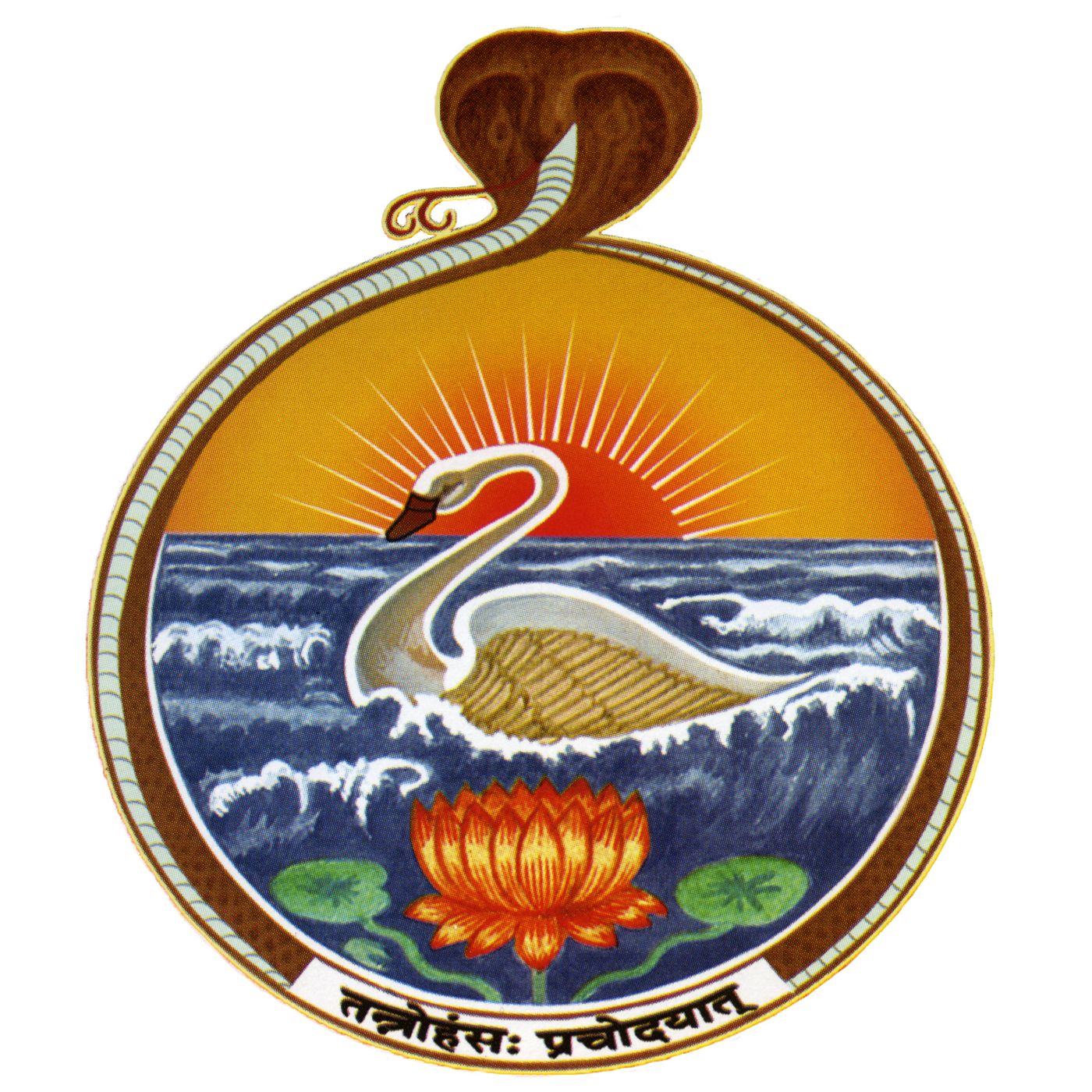Episodes
This lecture was given by Swami Tattwamayananda on April 6, 2012. Questions and Answers on Ishavasya Upanishad Mantras 1- 18
-Story of King Parikshit from the Bhagavata Purana
-Story of Nachiketa asking for three boons (from Kathopanishad)
-Shankaracharya's two definitions of the word 'Purusha'
-Importance of Shankara's commentaries for understanding the philosophy of Upanishads
- विवर्तवाद (Vivarta-vada) & परिणामवाद (Parinama-vada)
Published 04/10/19
This lecture was given by Swami Tattwamayananda on March 30, 2012. Ishavasya Upanishad Mantras 16 - 18
-These three mantras are prayers uttered by the spiritual aspirant at the time of death.
-The devotee prays to be taken by the उत्तरायण (Uttaraayana), the Northern Path, also called the देवयान (Devayaana) or अर्चिरादिमार्ग (Archiraadi-maarga).
-He has lived a life of fulfillment seeking higher spiritual values.
-Description of three different eschatological points of view in Vedanta.
Published 04/10/19
Published 04/10/19
This lecture was given by Swami Tattwamayananda on March 23, 2012. Ishavasya Upanishad Mantras 12 - 15
-Being (Brahman: असम्भूति (asambhuti) and Becoming (the world: सम्भूति (sambhuti) are essentially the same.
-Commentators like Uvvatacharya insist that असम्भूति (asambhuti) refers to certain schools of ancient Indian philosophers who reject the doctrine of rebirth (ie. Lokayatikas: materialists).
-The devotee's prayer for spiritual fulfillment and divine revelation.
Published 04/10/19
This lecture was given by Swami Tattwamayananda on March 16, 2012. Ishavasya Upanishad Mantras 9 - 12
-The fate of those who follow the path of the not-self will be continuous rotation in the wheel of samsara (constant movement from birth to death and from death to birth).
-They miss their path to the Vedantic experience of Unity of experience and ultimate spiritual fulfillment.
Published 04/10/19
This lecture was given by Swami Tattwamayananda on March 9, 2012. Ishavasya Upanishad Mantras 8 - 11.
The quest for enlightenment in Vedanta through Philosophy, Reason and Experience.
Published 04/10/19
This lecture was given by Swami Tattwamayananda on March 2, 2012. Ishavasya Upanishad Mantras 6 - 8.
- सत्कर्यवाद (Satkaryavada) and असत्कर्यवाद (Asatkaryavada) and their sub-divisions are explained with examples.
-The mystical experience of the Unity and Oneness of creation helps us to look upon everyone with respect and compassion.
-These mantras proclaim the spiritual unity and oneness of not only humanity, but all existence.
-'Purusha' is explained in the light of पुरुशसुक्तम्...
Published 04/10/19
This lecture was given by Swami Tattwamayananda on February 17, 2012. Ishavasya Upanishad Mantras 3 – 5.
-Tyranny of the senses
-Three levels of our spiritual evolution are explained in the light of 'Nimi-Navayogi-Samvaada (dialogue between nine sages and the philosopher-king 'Nimi') from the Bhagavata Purana: evolution from 'God within the temple/place of worship' to 'God present everywhere'.
-The Atman is beyond definition and explanation. It is infinite transcendental and immanent -...
Published 04/10/19
This lecture was given by Swami Tattwamayananda on February 10, 2012. Ishavasya Upanishad Mantras 3 – 4.
-The third mantra tells us that those who deny their own spiritual essence are spiritually destroying themselves. They reduce everything to the physical and are addicted to trivial sensual pleasures. They live in a world of perpetual spiritual darkness and sorrow.
-The five mantras beginning with the fourth expound the nature of the Atman as the infinite, eternal, unchanging and...
Published 04/10/19
This lecture was given by Swami Tattwamayananda on February 3, 2012. Ishavasya Upanishad Mantras 1 – 2.
-The central foundational canons of Hinduism are the Shrutis (Vedas), Smritis (religious manuals, texts of Vedic rules and laws on social conduct, etc.) and Puranas (semi-historical and mythological works).
-The world is pervaded by ईश ('Isha'), the divine spirit of God, the Inner Essence and Controller of the universe. It is everywhere in this changing universe.
-The 1st mantra expounds...
Published 04/10/19


